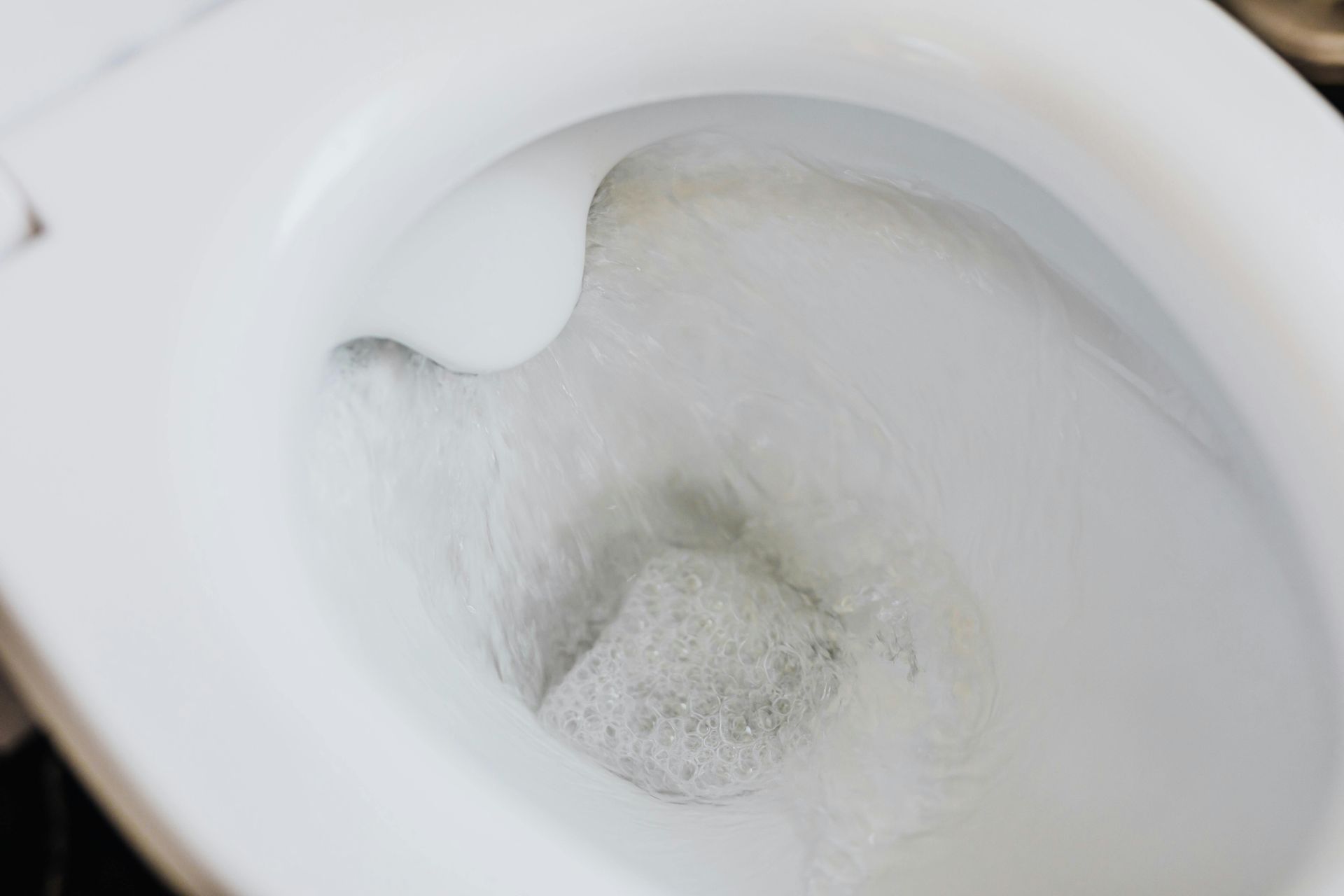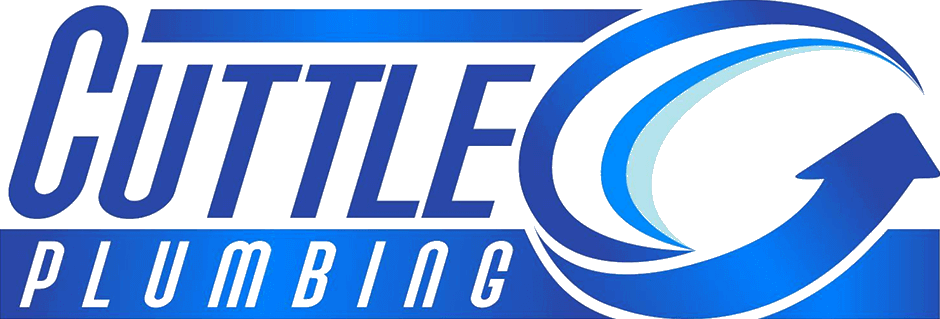5 Things You Should Never Flush: A Guide to Protecting Your Septic

Septic systems are a vital part of many rural and regional properties across Armidale, providing households with a reliable way to manage wastewater without relying on town sewer connections. However, as convenient as these systems are, they demand proper care and attention to function efficiently. One of the most common threats comes from flushing items that simply don’t belong in a septic system. Every flush matters, and sending the wrong things down your drains can lead to expensive repairs, unpleasant odours, environmental damage and even complete system failure.
Let’s explore a few key items that should always stay out of your septic system, along with the role that regular and professional plumbing maintenance plays in keeping everything running smoothly.
1. Wet Wipes
Many households use wet wipes for personal hygiene or cleaning, and while they may seem harmless, these products can wreak havoc on septic systems. Even those marketed as “flushable” don’t disintegrate the same way toilet paper does. Instead, they remain intact and accumulate inside pipes or the septic tank.
Once these wipes enter the system, they can bind with fats, oils, and other debris, forming stubborn clogs that disrupt the tank’s ability to process wastewater. Left unchecked, these blockages can back into your home or force untreated wastewater into your yard.
Common problems wet wipes cause include:
- Blockages in internal plumbing lines
- Build-up in septic tanks that reduces treatment capacity
- Increased need for premature pump-outs
- Risk of solids reaching and damaging the drain fields
2. Grease & Cooking Oils
Pouring leftover cooking oil or grease down the sink is one of the most common household habits that damages septic systems over time. While hot, these liquids flow easily, but once cooled inside your pipes and tank, they solidify and coat the internal surfaces.
This build-up reduces pipe capacity and can eventually create blockages restricting water flow. In septic tanks, grease floats to the surface and thickens the scum layer, reducing the tank’s effective capacity and leading to early overflow or failure if not managed.
Grease-related septic issues include:
- Solidified fat restricts pipe flow
- Thicker scum layers requiring more frequent pump-outs
- Reduced bacterial efficiency in breaking down waste
- Potential for costly blockages in both household plumbing and drain fields
3. Medications & Chemicals
Septic tanks rely on colonies of natural bacteria to safely break down and process waste. Flushing pharmaceuticals, harsh cleaning agents, or chemical substances introduces compounds that kill or weaken these vital microbes. When the bacterial balance is upset, your system can no longer process solids effectively, leading to rapid sludge accumulation and increased risk of overflows.
Even small amounts of chemicals can have a long-lasting impact, and some substances can contaminate the surrounding soil and groundwater.
Hazards of flushing chemicals and medications include:
- Disruption of biological treatment processes
- Faster sludge build-up requires more frequent maintenance
- Groundwater contamination is affecting the surrounding land
- Reduced lifespan of the overall septic system
4. Sanitary Products
Products like tampons, sanitary pads, and incontinence items are highly absorbent and designed not to break apart in water. Flushing them can cause serious problems almost immediately. These items quickly swell, becoming lodged in pipes or tanks, where they can block wastewater flow entirely.
Removing these blockages often requires professional intervention and may involve dismantling parts of your plumbing or septic system to clear the obstruction.
Typical problems sanitary products create include:
- Immediate clogs in internal pipes
- Blockages in septic tanks and transfer lines
- Risk of backflow and costly emergency repairs
- Potential long-term system failure if ignored
5. Food Scraps
Although food is organic, it does not belong in your septic system. When flushed or washed into your drains, food scraps contribute unnecessary solids that occupy valuable space within your septic tank. Items like coffee grounds, rice, and fibrous vegetables are particularly problematic, as they decompose slowly and can interfere with separating solids and liquids.
Excess solid build-up shortens wastewater’s effective treatment time, increasing the chance of untreated waste entering the drain field and potentially damaging soil and surrounding water sources.
Problems caused by flushing food scraps include:
- Accelerated solid accumulation in the septic tank
- Reduced capacity for proper wastewater treatment
- Potential for drain field contamination
- Higher frequency of required pump-outs
Why Professional Plumbing Maintenance is Essential
Even with perfect flushing habits, no septic system can operate indefinitely without regular plumbing maintenance. Over time, all tanks accumulate solids that need to be pumped out periodically to keep the system functioning efficiently and avoid serious failures. By investing in regular plumbing maintenance, homeowners can stay ahead of potential problems, ensuring their septic system remains healthy and operational for years.
Qualified plumbers provide thorough septic tank services that include inspecting for leaks, monitoring sludge levels, and checking the overall health of the system. This preventative approach minimises the likelihood of emergency repairs and protects your property from costly damage.
Benefits of regular plumbing maintenance include:
- Early identification of developing issues before they escalate
- Timely pump-outs that maintain system efficiency
- Drain field inspections to avoid soil contamination
- Personalised advice based on your property’s unique system
The Long-Term Value of Regular Maintenance
A well-maintained septic system can operate efficiently for decades, saving thousands from costly emergency repairs and property damage. However, neglect or poor habits can quickly shorten that lifespan. Investing in professional maintenance protects your septic system, entire property value, and environmental footprint.
The long-term benefits of preventative care include:
- Fewer emergency plumbing callouts
- Lower risk of groundwater contamination
- Longer lifespan for both tanks and drain fields
- Peace of mind for property owners and tenants alike
Keep Your Septic System Running Smoothly
At Cuttle Plumbing, we understand the importance of proactive septic tank maintenance for homes and businesses. Our professional plumbing maintenance services are designed to protect your septic system, prevent avoidable breakdowns, and keep your wastewater system performing at its best for years.
If you’re unsure about your septic tank’s current condition or need expert advice on maintenance, contact us today to schedule an inspection or service appointment. We’re here to help keep your system running smoothly year-round.




